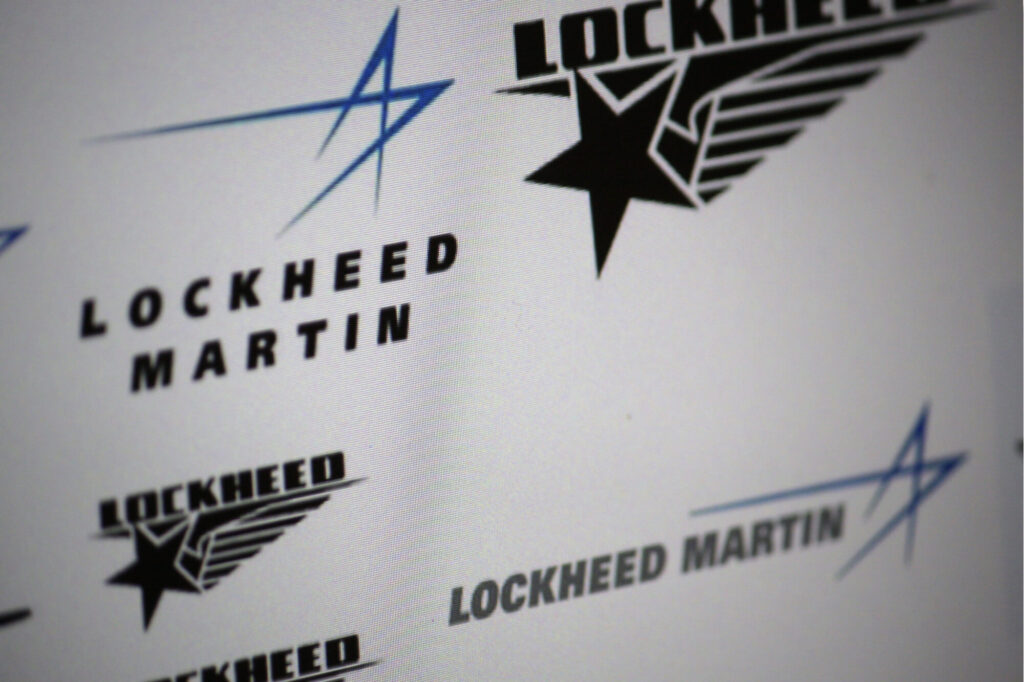The chief executive of Lockheed Martin says the war in Ukraine means countries are placing more value on deterrents, such as its F-35 fighters and anti-missile systems.
“The world’s clearly changed with Russia’s invasion of Ukraine,” Jim Taiclet told a call with analysts after the US defense company reported first-quarter earnings.
“A major global power has crossed a recognized international border to take territory by force,” Taiclet said. “And as a result, the value of strong deterrents to war as an instrument of [a] nation’s geopolitical strategy has not been as great since the middle of the 20th century.”
The company highlighted Germany’s plans to procure F-35 fighters and Canada’s move to purchase 88 F-35s for the Royal Canadian Air Force. Taiclet also said interest in the F-16 fighter was increasing, while the CH-53K heavy lift cargo helicopter was on the table in Germany.
There is also interest in anti-ballistic missile systems THAAD and PAC-3, Taiclet said.
“We’ve got demand signals for THAAD and PAC-3 from around the world because, again, countries everywhere are recognizing that, especially when you see missiles hitting hospitals … and train stations in Ukraine, that it’s worthwhile to have an effective missile defense capacity in your country,” he said.
Lockheed Martin therefore is positioning itself aggressively as a “deterrence” company, Taiclet said.
“The environment is more challenging from a security – national security and global security perspective than it was before,” Taiclet said. “That suggests that deterrence is a more valuable product than it’s ever been, at least in the last 80 to 100 years, and that we feel we’re really positioned well with our strategy to meet that need for national security and global security.” He added it was not possible to say yet how the changing landscape would affect its revenue targets.
While Lockheed Martin’s first quarter sales of $15 billion were slightly below its expectations, the company said it was sticking to guidance for net sales of $66 billion for the year.
“We did experience some adverse impacts from the winter surge and the Omicron variant in our operations and our supply chain, but we expect these to reflect short-term timing issues,” Taiclet said.

